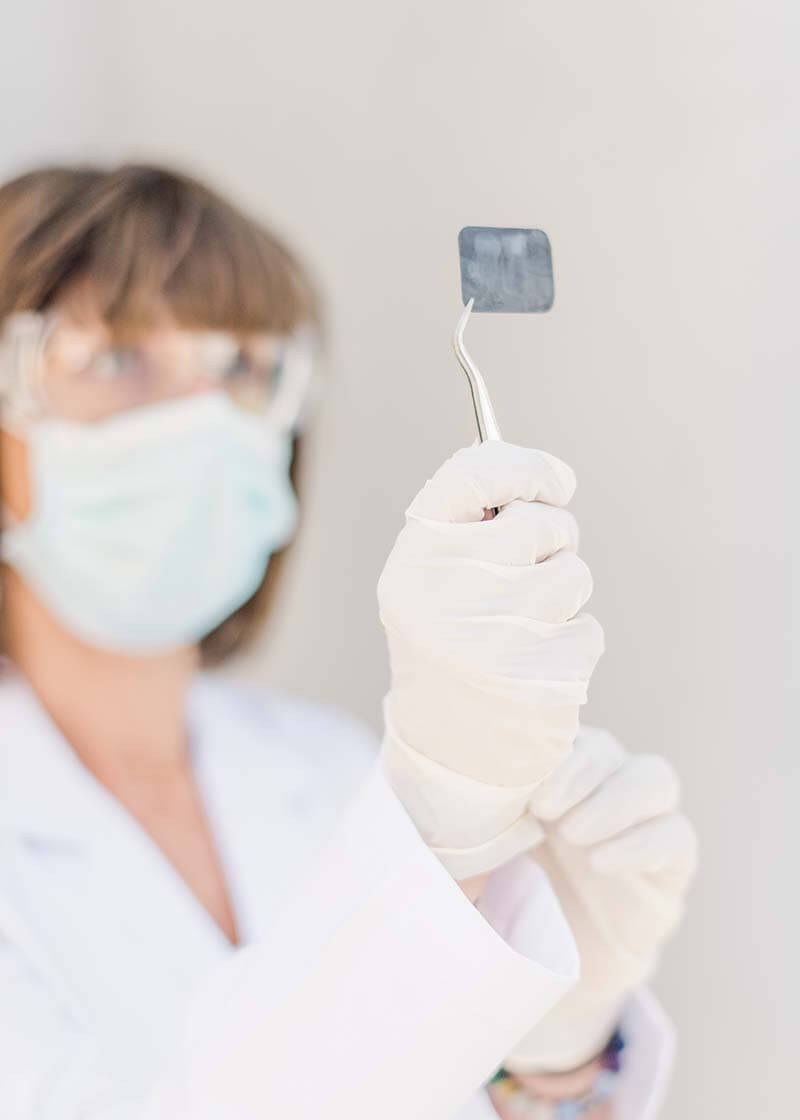GENETIC TESTING
Find out about any changes in the embryo’s genes before it is transferred into the uterus

GENETIC TESTING
The term, genetic testing is another way of saying, “screen the embryos to make sure they have the correct number of chromosomes.” Every person has 23 sets of chromosomes. If there is an extra or missing chromosome, it can lead to miscarriages or birth defects. Additionally, sex chromosomes can also be tested to determine the embryos. After embryos are produced through IVF, 3 to 5 cells are removed from tissue that will ultimately be the placenta and sent to the lab for analysis. We can also test for specific disease-causing mutations that may run in your family, such as cystic fibrosis or cancer related BRCA mutation..
FAQ
What is preimplantation Genetic Testing (PGT)?
Preimplantation Genetic Testing (PGT) is a procedure used to identify genetic abnormalities in embryos created with in vitro fertilization (IVF). PGT is performed before embryos are transferred to the uterus. The PGT process can show if an embryo has a specific genetic condition or chromosome abnormality.
Are there different types of PGT?
1. Preimplantation Genetic Testing for Aneuploidy (PGT-A): This type of PGT screens embryos for certain types of chromosome abnormalities. Embryos with aneuploidy are more likely to result in miscarriage or a failed IVF cycle.
2. Preimplantation Genetic Testing for Monogenic disorders (PGT-M): This type of PGT is performed when a patient has an increased risk for a specific genetic condition to occur in embryos.
3. Preimplantation Genetic Testing for Structural Rearrangements (PGT-SR): This type of PGT is performed when a patient or their partner has a rearrangement of their own chromosomes such as a translocation or inversion. Embryos with missing or extra pieces of chromosomes are more likely to result in miscarriage or a child with serious health issues.
What are the criteria for choosing PGT?
Are there risks to the embryo(s) from the PGT process?
Do I need genetic counseling?

